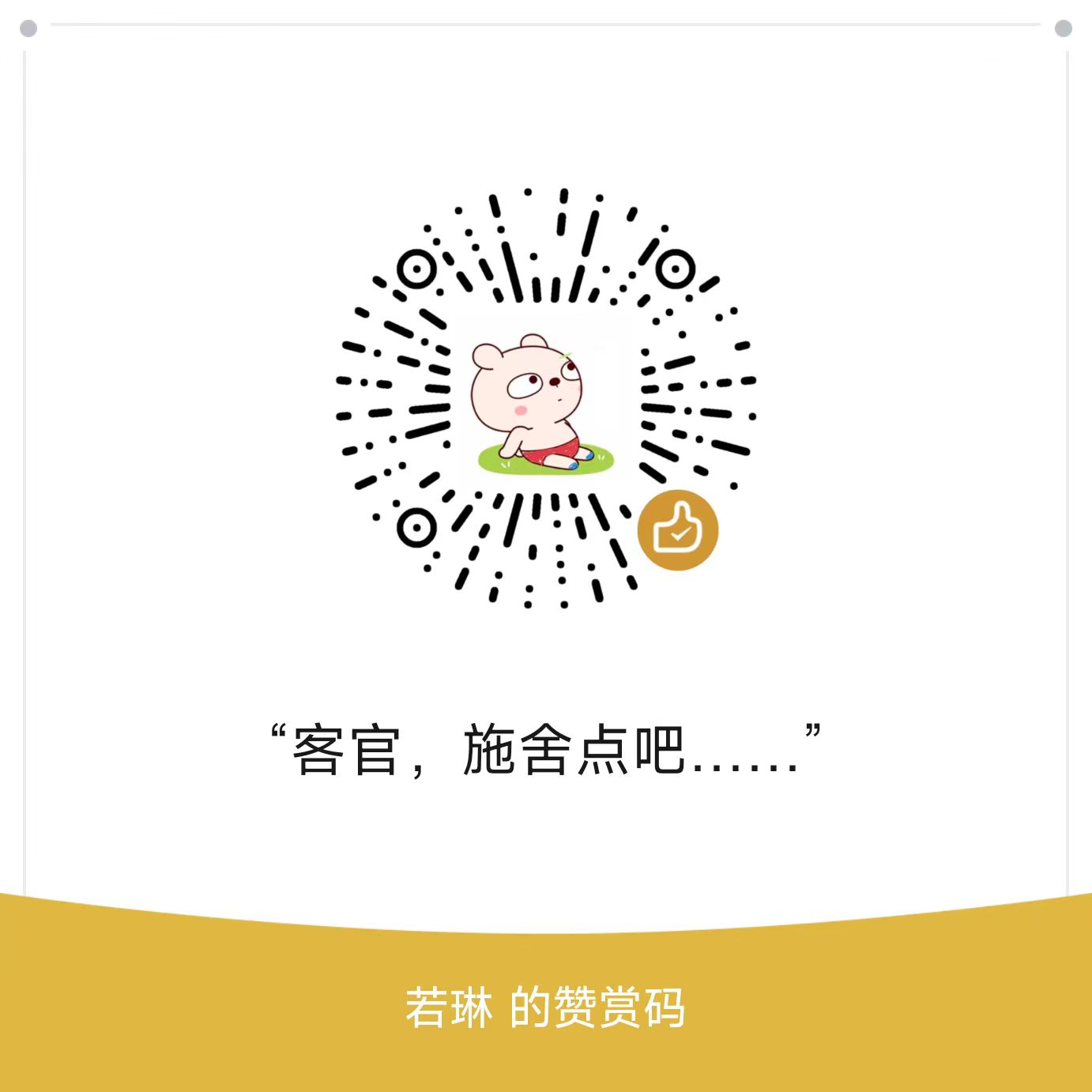Guava CacheLoader中当load方法返回null
大约 2 分钟
Guava CacheLoader中当load方法返回null
Guava LoadingCache在实际工作中用的还是比较频繁的。但是最近在review代码时,发现有些同学在使用CacheLoader时没有注意到 CacheLoader#load方法的注释:
/**
* Computes or retrieves the value corresponding to {@code key}.
*
* @param key the non-null key whose value should be loaded
* @return the value associated with {@code key}; <b>must not be null</b>
* @throws Exception if unable to load the result
* @throws InterruptedException if this method is interrupted. {@code InterruptedException} is
* treated like any other {@code Exception} in all respects except that, when it is caught,
* the thread's interrupt status is set
*/
public abstract V load(K key) throws Exception;
源码中明确指出了这个方法不能返回null。但是在review代码时发现很多同学没注意到到这个,而在部分情况下存在返回null的情况。 一般使用Optional封装一下就好了。
这篇文章主要说一下当load方法返回null时会出现什么异常:
import java.util.concurrent.ExecutionException;
import com.google.common.cache.CacheBuilder;
import com.google.common.cache.CacheLoader;
import com.google.common.cache.LoadingCache;
public class Test {
public static void main(String[] args) {
LoadingCache cache = CacheBuilder.newBuilder().build(new CacheLoader<Object, Object>() {
@Override
public Object load(Object key) {
return null;
}
});
try {
cache.getUnchecked("asda");
}
catch (Exception e) {
System.out.println("本例子中这里会出现异常 这里会cache住抛出异常");
}
try {
cache.get("adsa");
}
catch (ExecutionException e) {
System.out.println("本例子中不会抛出这个异常");
}catch (Exception e) {
System.out.println("本例子中这里会出现异常 这里会cache住抛出异常");
}
System.out.println("fuck");
}
}
上面的代码分别使用了getUnchecked和get方法来测试当load方法返回null的情况。
所以一般出现的问题是使用方可能仅仅cache了ExecutionException,这样会导致异常cache不住。这是一个问题,在某些 情况下会影响程序逻辑。需要注意一下。所以尽可能的使用Optional来封装结果
版权申明
本站点所有内容,版权均归https://wenchao.ren所有,除非明确授权,否则禁止一切形式的转载协议
打赏



